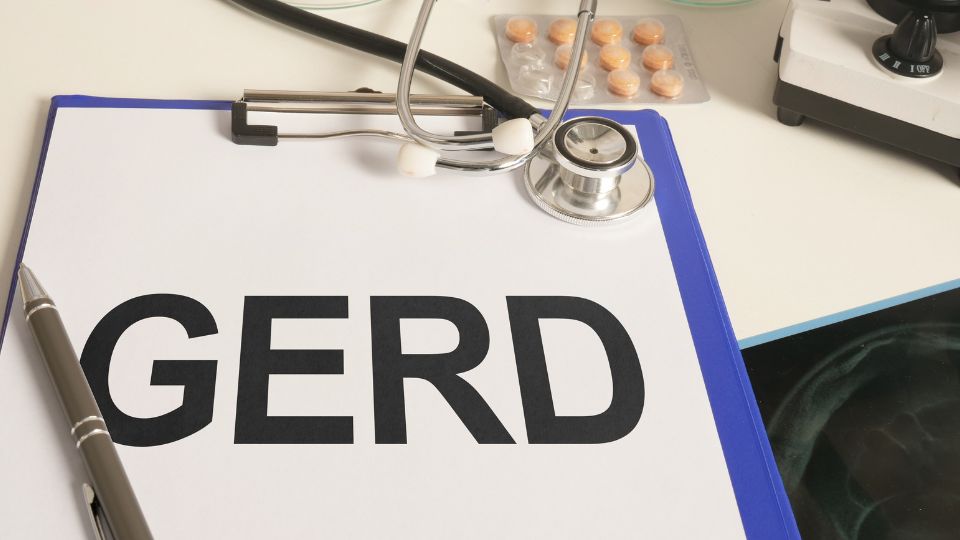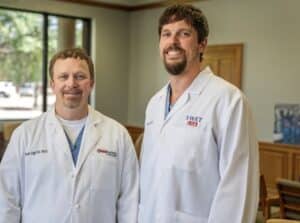Gastric Bypass, also known as Roux-en-Y, is a form of bariatric surgery. It is considered the most effective way to treat overweight patients suffering from Gastroesophageal Reflux Disease (GERD).
Obese individuals carry a higher risk of GERD, in which acid flows from the stomach into the esophagus. By getting gastric bypass, acid reflux is typically reduced. However, some patients can experience additional heartburn after gastric bypass.
So if you are thinking about gastric bypass surgery in West Texas, here is what you should know:
How Acid Reflux Works
Acid reflux occurs when a ring of muscle called the lower esophageal sphincter (LES) is weak or otherwise not functioning properly. The LES is located at the bottom of the esophagus, connecting it to your stomach. It is supposed to stay closed to prevent acid from returning from your stomach back into your esophagus. If your LES is not staying closed, it can lead to chronic acid reflux known as GERD.
Obesity is a major risk factor for GERD, which is why many overweight patients elect to undergo gastric bypass surgery.
How Does Gastric Bypass Surgery Work?
Gastric bypass is the most popular bariatric surgery. The stomach is divided into two pouches — an upper pouch and a lower pouch. The upper pouch is much smaller than the lower pouch.
Additionally, the small intestine is divided into a “Y”, connecting to each pouch. This weight loss surgery reduces pressure on the LES, lessens acid production, and calms the esophageal reflux.
This combination of factors diverts acid away from the distal esophagus and encourages esophago-gastric emptying via negative pressure. It also helps prevent bile reflux from reaching the esophagus.
The Research On (GERD) and Gastric Bypass Surgery
Studies have shown that gastric bypass is the most effective weight loss procedure for helping symptoms of GERD.
Further research demonstrates that gastric bypass is less likely to cause more GERD post-surgery than gastric sleeve surgery.
A 2014 study review found that 64% of people report improved GERD symptoms after a one-year follow up.
Learn more here: Gastric Bypass Success Rate: What You Need to Know
Can Heartburn Occur?
Some patients may have GERD after gastric bypass. This is because if the gastric pouch is too big post gastric bypass, acid reflux can still occur. In addition, bile may flow backward in certain cases.
According to the researchers, this might be due to the gastric pouch being too large, causing continuous acid production. In other cases, the rearranged organs might cause bile to flow backward.
Lifestyle factors can also cause GERD. Therefore, an important aspect of fixing acid reflux after gastric bypass is a balanced diet. For instance, avoid drinking carbonated beverages, eating within 3 hours of going to sleep, or smoking cigarettes.
Ultimately, avoiding GERD after gastric bypass is a matter of proper, attentive treatment followed by responsible self care. If you are considering gastric bypass surgery in West Texas, consult with the experts at West Texas Bariatrics today.



























